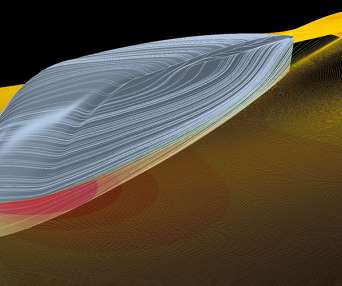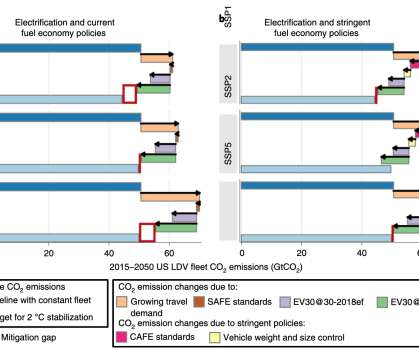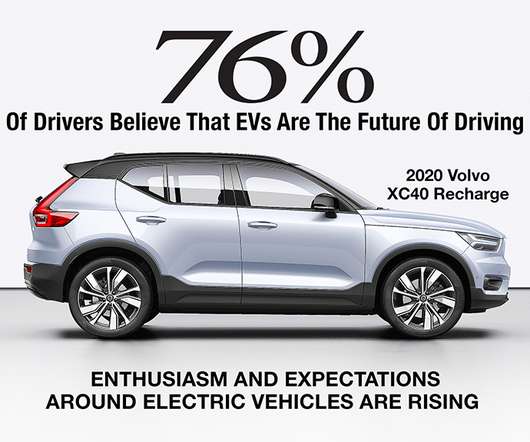Study finds catalyzed gasoline particulate filters effective at reducing particulate and PAH emissions from GDI engines
Green Car Congress
FEBRUARY 22, 2018
Their study is publishedin the ACS journal Environmental Science & Technology. Top: Gravimetric PM mass, PM mass calculated based on the IPSD method, black carbon, and EC/OC emissions over the LA92 cycle. Bottom: Total particle-phase PAH emissions, expressed in ng/mile, for both test vehicles over the LA92 cycle. Yang et al.








































Let's personalize your content